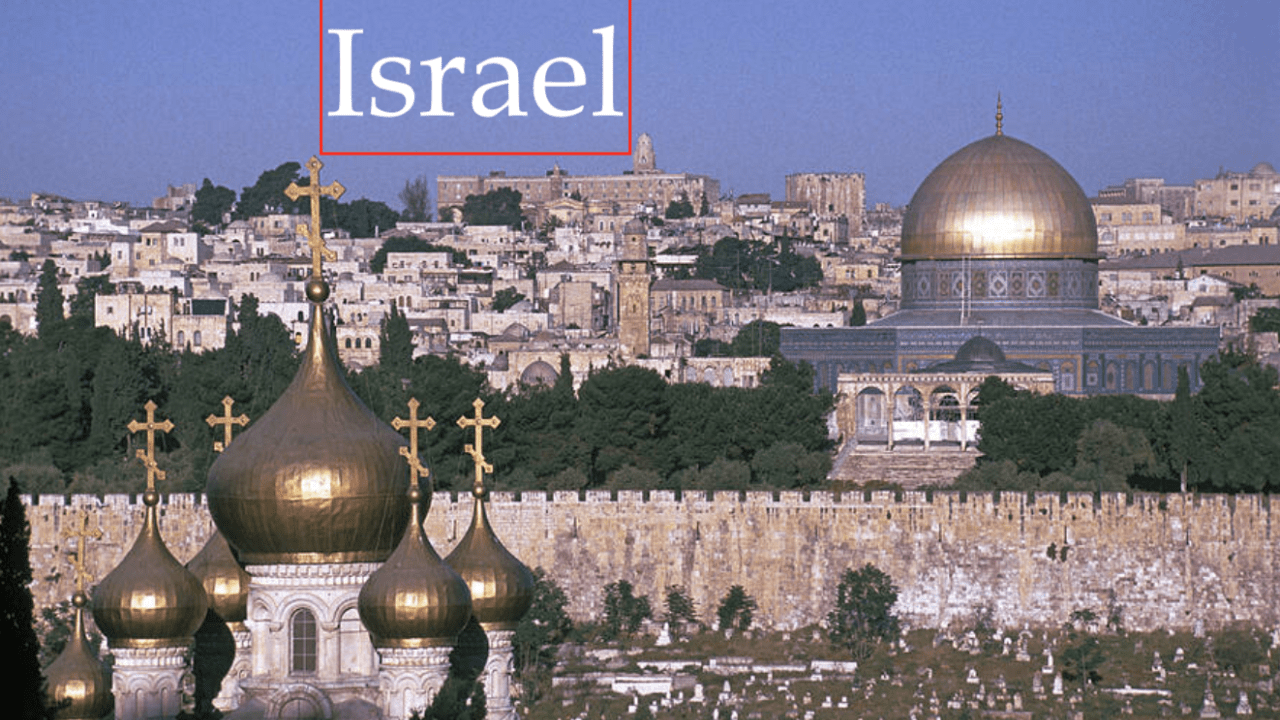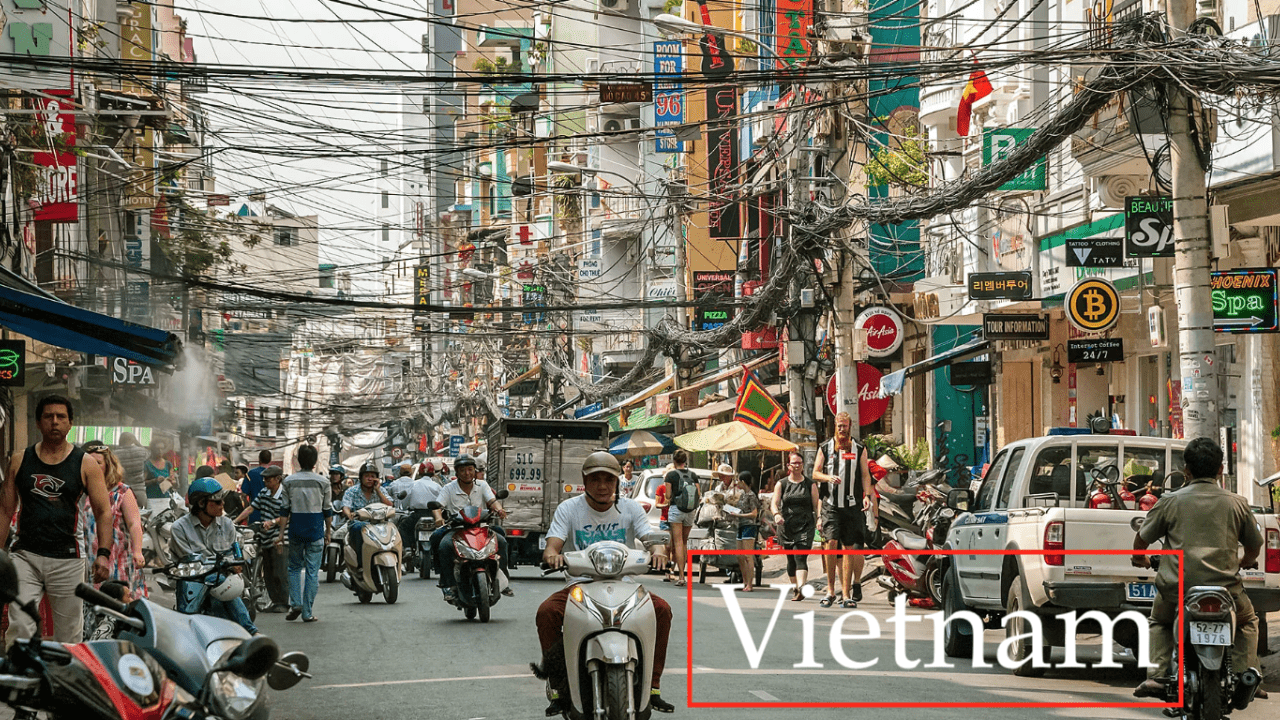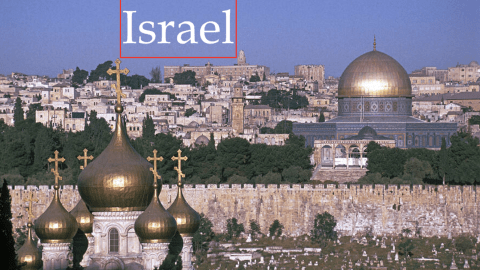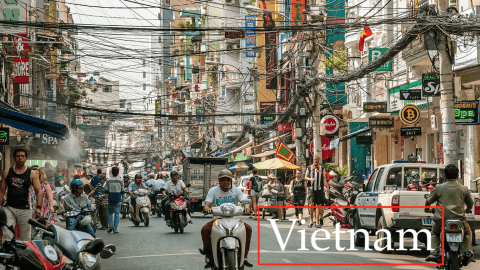Westmont Global Semester: Global Discipleship
The Westmont Global Semester’s general theme is “Global Discipleship.” Westmont Global Semester challenges students to think and serve globally as they travel, learn, and engage in countries around the world. During the semester, students will travel to China, Germany, Saudi Arabia, India, Vietnam, and Greece. The WGS program is crafted to help students grow in their Christian faith, their intellectual capacity, and in their practice of serving through Christ in a variety of cultural contexts.
Westmont Global Semester (WGS) aims to provide students with experiences to explore, learn, and serve in order to shape and create global disciple-citizens, with the hope that students will become global Christians, able to engage global and local forces with Christlike minds and actions. WGS provides a study abroad experience in countries with a range of population densities, economic strengths, and religious affiliations. A key feature of WGS is the opportunity to connect on meaningful levels with local community leaders, students, and others in the practica portion of the program.
- Class standing
- GPA (minimum 2.3 GPA) and no student life sanctions
- Application essays
- Team and individual interviews
- Faculty and personal recommendations
- Must be interested in Christian formation
Criteria
- Ability to balance global discipleship goals, academics, travel, and service as a community.
- Willingness to show flexibility while living in challenging contexts (e.g., temperatures, cultures, food, schedules).
- Tolerate local diet with limited control over food choices in most locations; take initiative to choose local eating establishments.
- Navigate multiple irregular surfaces and walk on average of 5 miles a day and up to 10 miles on field trips.
- Demonstrate excellent time management skills, including required activities, academics, nutrition, and rest.
- Participate in rigorous physical activities for the PEA course, including but not limited to the following: soccer, cycling, hiking, team sports.
- Ability to travel independently on various forms of public transportation, including international air travel, public buses, and subways while carrying all personal items without assistance.
- Anticipate modest accommodations with shared rooms (1 or more classmates).
Global Religions in Context: 4 units. GE: Thinking Globally To support the Global Religions in Context course, the lectures, discussions, and assignments are designed so that students gain understanding of the global trajectories of religions and their competing and complementary worldviews. The course underscores the similarities and differences between Christianity and the other major world traditions. It traces the trajectory of the major world religions throughout the semester (e.g., origins and expansion). Taught to develop skills of empathy for other religions as well as to highlight Christian uniqueness, the course seeks to create avenues of connection in our multiethnic, multi-religious world and, perhaps for some, to encourage a Christian call into cross-cultural settings for their careers, an inspiring beginning to long-term engagement.
Decision-Making in a Global Context: 4 units. GE: Quantitative & Analytical Reasoning *Serving Society To support the Decision-Making in a Global Context course, the lectures, writing assignments, and team projects expose students to a variety of decision-making contexts, primarily at the lower socio-economic levels of societies that have a wide diversity of worldviews compared to western democratic ideals. The course helps students compare decision-making in various diverse locations in order to tease out local and more universal strategies and processes. We rely on our excellent network of American field workers who provide access to local business and community leaders for students to learn from and practice the decision skills they acquired from the course. Countries and regions were chosen to reflect a variety of political systems, population and population densities, and a mix of rural and urban settings.
Travel Writing: 4 units. GE: Writing for the Liberal Arts GE: Writing Intensive Outside the Major To support the Travel Writing course, the writing assignments connect with the other topics, places, people, and experiences encountered by the students. Combines creative nonfiction writing with ethnographic research, blogging and on-site journalism. Students read and write travel essays, profiles, and reviews. Writing may be published weekly on social media, together with photos and video content. Assignments require students to observe and engage people and the environment in various countries where they are studying and serving. The following chart includes a brief working outline of the projects and focus.
Exploring Wellness (Physical Education): 1 unit. GE: Physical Education To support the 1-unit Physical Education course, students engage in a variety of local sports, often with local communities.
Pre-Trip Course: 1 unit. GE: none This 1-unit course occurs the semester prior to the Westmont Global Semester. Some of the topics include the following: a) Introduction to the broad themes of the courses (e.g., global connections); b) Introduction to culture shock and the act of moving in and out of cultures; c) Learn to be empathetic toward difference through Christian affirmations of hospitality; d) Safety, risk, health, and exploration; e) Begin course readings.
Westmont semester tuition, room, board, a program fee of $5000 plus RT airfare from LAX. Students are allowed to apply their financial aid awards from the college - both need-based and merit-based awards - toward the program's cost.
Meet the Team
Dr. Charles Farhadian, Professor of World Religions and Christian Mission at Westmont since 2004 (M.Div., Yale University; Ph.D., Boston University), has co-led Westmont summer study abroad programs in Thailand and India. He has been visiting Asia for over 35 years. Author of several books, Farhadian enjoys learning about the relationship between religions and cultures and helping students discover their passions and talents while traveling and learning. A highlight of his work at Westmont is taking students overseas to provide an opportunity where they might meet the Triune God in unexpected ways.

Phil Beccue is Founder and Principal of White Deer Partners, a consulting firm specializing in quantitative analytics applied to strategic business problems. A Westmont and Stanford alum, he enjoys helping teams and individuals think clearly about important decisions. Currently an adjunct faculty at Northwestern Law School, he has developed and taught decision analysis seminars for a wide range of public and private audiences. Phil has traveled extensively, including a gap year with his family to 33 countries. Phil and his wife are active in local outreach activities to international students and mentoring entrepreneurial field workers across the globe.
Anna Jordan is a Westmont alum and an assistant professor in the English department. She has an MFA in Writing from Vermont College of Fine Arts, and her work has been featured broadly in both literary and commercial publications. Before transitioning into full-time academia, Anna served as the Director of Creativity for the online storytelling community Coffee+Crumbs, where she was also a contributing writer. Her essays are featured in the Coffee + Crumbs book, The Magic of Motherhood (Zondervan 2017). Anna’s background in online storytelling further enriches her perspective in the art of crafting evocative travel narratives.



















